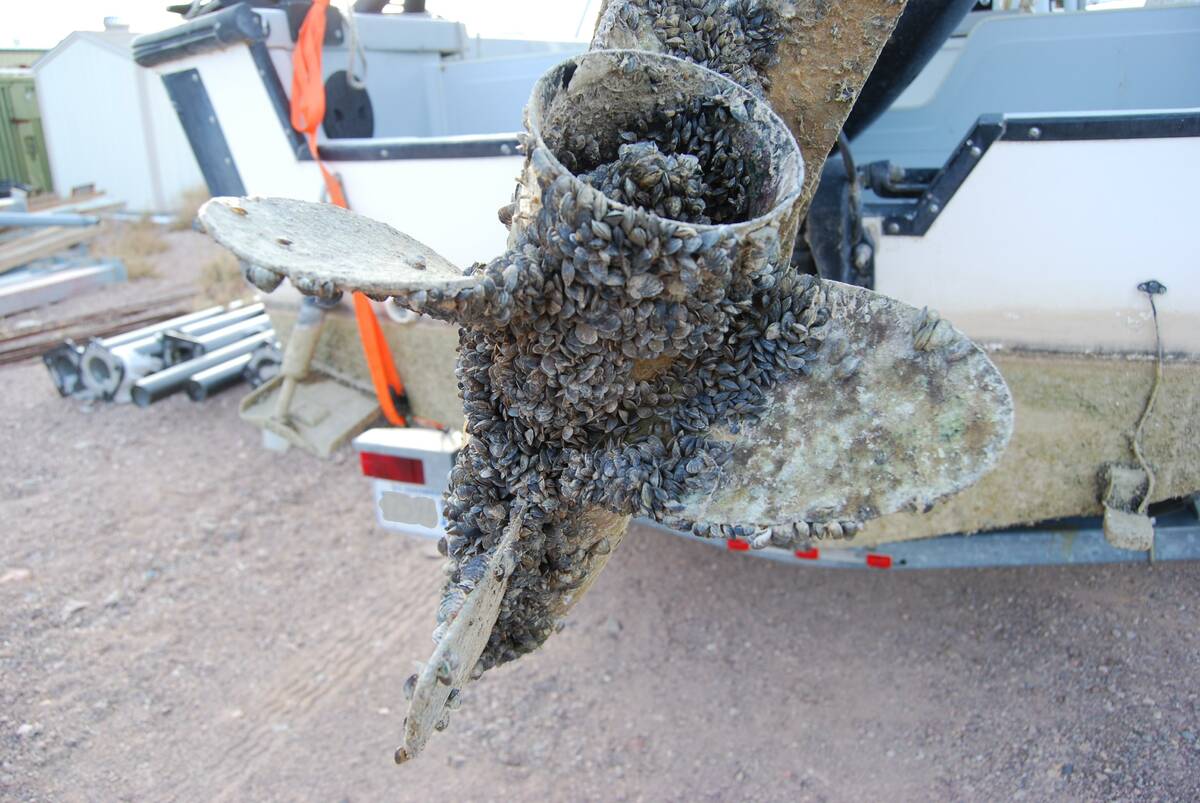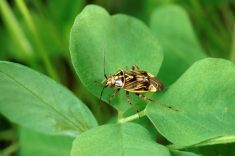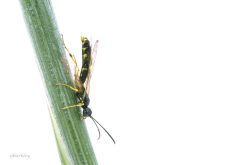Recent dry conditions are putting a lot of pressure on trees, says a provincial woodlot extension specialist.
“It’s an invitation for insect and disease problems, not just for this year, but for upcoming years as well,” said Toso Bozic.
There are several insects to keep an eye out for.
“Yellow-headed spruce sawfly has been a problem the last couple of years, as have aphids. The other one is spider mites. This year, ash trees have been especially impacted, as well as poplars.”
Read Also

Invasive species council lending a helping hand to Alberta agricultural producers
Alberta Invasive Species Council unveils the huge economic effect of keeping invasive species unchecked to agricultural production in the province.
Monitoring is the key when it comes to insects, said Bozic.
“From mid-May until Oct. 1, landowners should check their trees weekly to see what is going on. Monitoring also helps them keep on top of which trees may need watering under dry conditions, or may need help with other issues.”
If monitoring turns up insect, disease or any other issues contributing to tree weakening, Bozic recommends taking pictures to help identify the problem.
“Take photos of both the problem and the surrounding area to get the best idea of what is going on. Sending a picture is always better than trying to explain a problem over the phone. You can also tap on the branch with a white sheet of paper and take a picture of what falls onto it.”
Insecticides or fungicides should be viewed as a last resort to deal with insect or disease problems, he said.
Bozic can be reached at 780-415-2681 or [email protected]. A directory of Agricultural Fieldmen can be found at www.aaaf.ab.ca.















